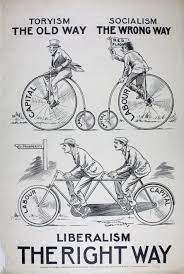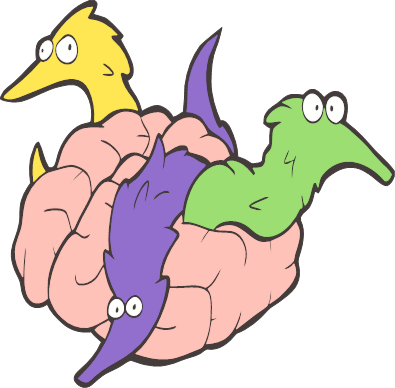I keep seeing posts from this instance referring to capitalists as liberals. Since when are capitalism and liberalism related? As far as I've always known, liberalism is a social ideology, while capitalism is an economic system.
Why do y'all refer to all capitalists as liberals when at least half (probably more, at least in my experience) are conservatives?
I, for example, consider myself a liberal, but I'm most certainly not a capitalist. I'm stuck in a capitalist society in which I have to play by the rules if I want to feed my family, but that's as far as my support for the system goes. I'm pretty sure a lot of Americans feel this way.
Looking it up, the definition of liberalism specifies a belief in maximum personal freedom, especially as guaranteed by a government. Considering that 90% of governments in the world are endlessly corrupt, capitalist or not, I'd much prefer one that guarantees its citizens rights as a matter of course rather than begrudgingly grants them privileges that can be taken away without public oversight.
Do y'all really trust your governments to look after your best interests? As a U.S. American, I know I wouldn't trust my government or politicians to do anything but enrich themselves at my expense, but I don't have to; my rights are guaranteed by our constitution.
Now if we could just get them to stop funding and committing genocide...
EDIT: So many incredibly well thought-out and researched responses! I have a lot of reading and thinking to do, so thank you all for your input. I'll likely be referring back to this post for a while as I learn more about the world outside my U.S.-centric bubble. My biggest takeaways from all this after a quick perusal of the replies are that liberalism has a very different meaning outside the U.S. and has a lot more to do with private property, especially land ownership, than I'd thought.
My time is limited and there are so many responses that I likely won't be replying to (m)any any time soon, but know that I appreciate all the knowledge bombs y'all have dropped.
 It's true! The American civic religion worships the constitution as if it were a false idol! Yankee protestants get very mad at you if you point it out to them
It's true! The American civic religion worships the constitution as if it were a false idol! Yankee protestants get very mad at you if you point it out to them , but I'll bite
, but I'll bite



 you got there
you got there